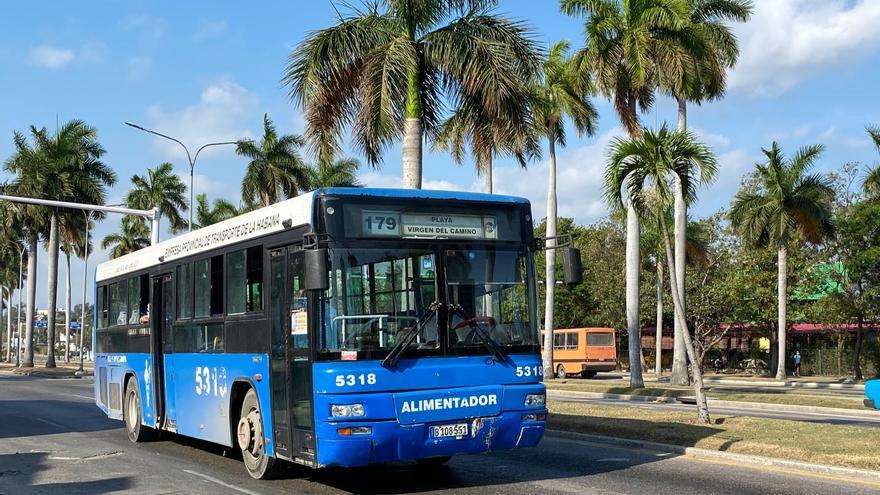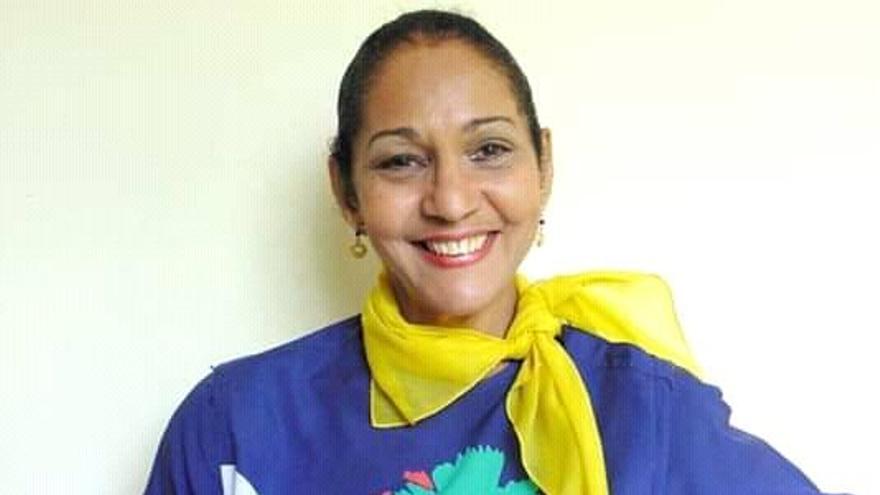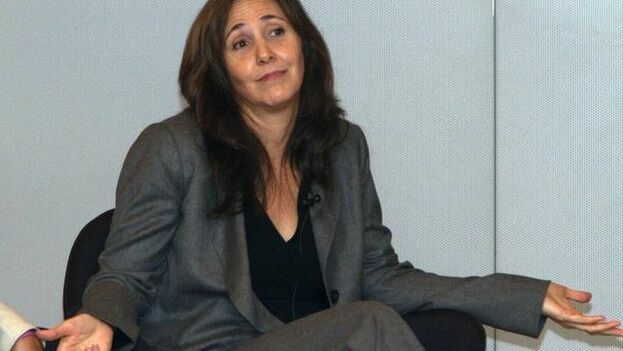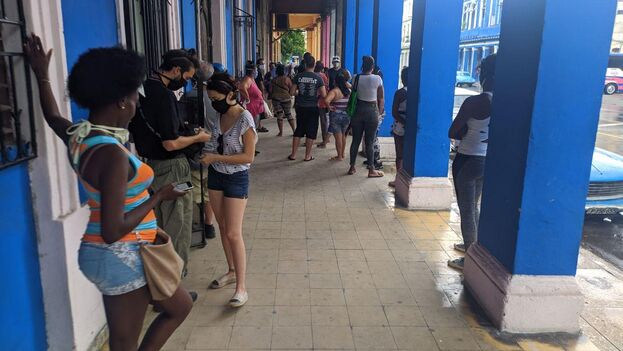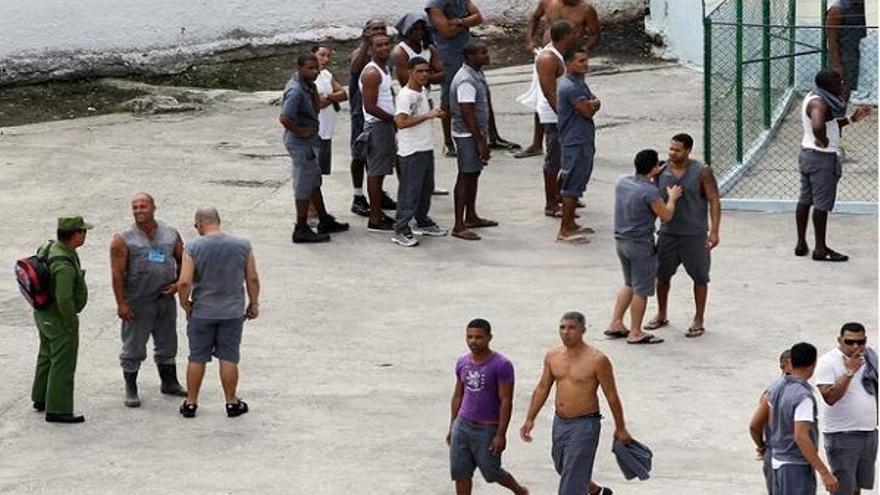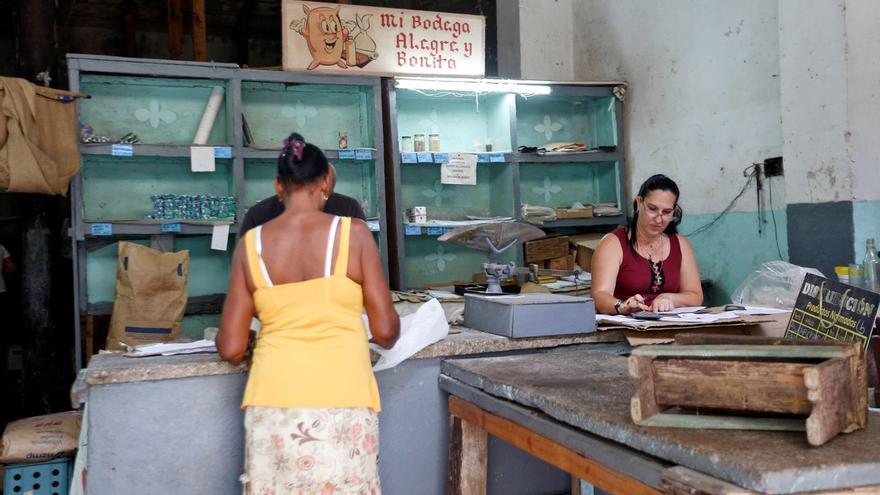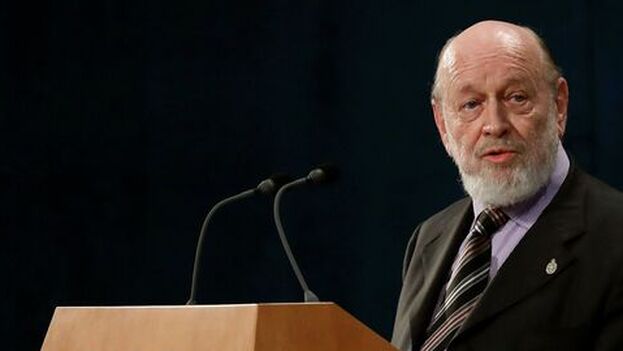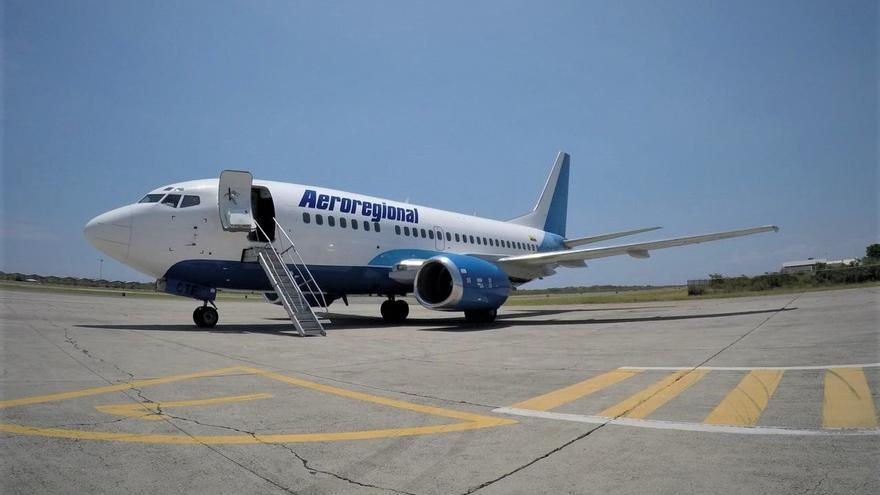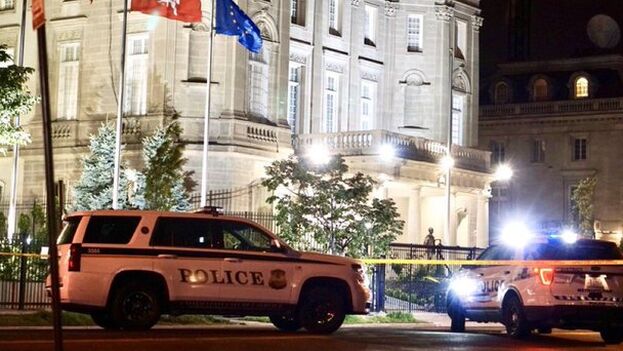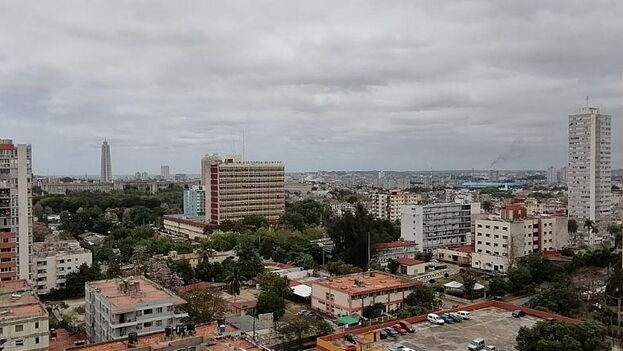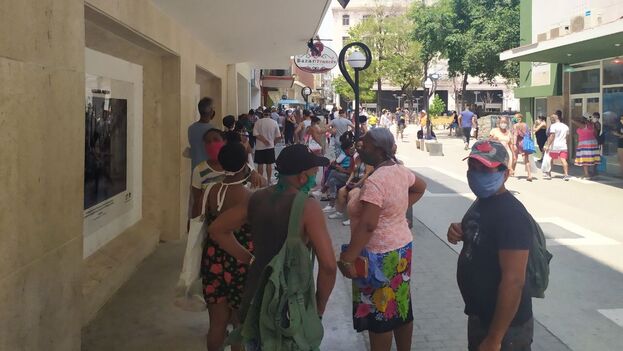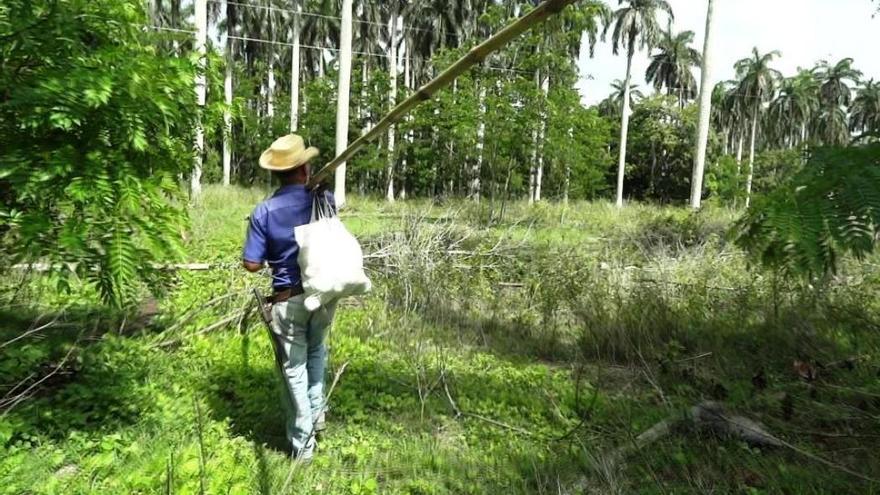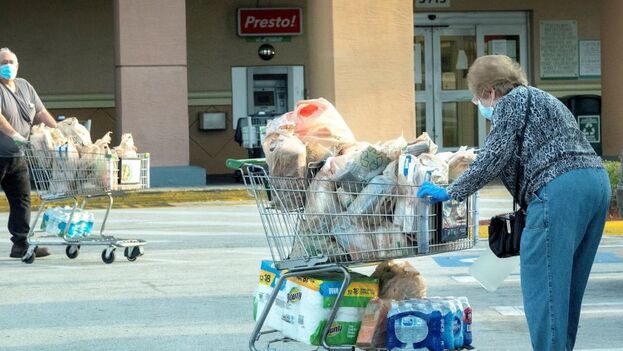
![]() 14ymedio/EFE, Miami, 7 May 2020 — The Miami municipal government and the Foundation for Pan American Democracy urged Miamians on Wednesday to donate “basic necessity” products to help the Cuban people deal with the Covid-19 crisis through the “Solidaridad entre Hermanos” (Solidarity Among Brothers) initiative.
14ymedio/EFE, Miami, 7 May 2020 — The Miami municipal government and the Foundation for Pan American Democracy urged Miamians on Wednesday to donate “basic necessity” products to help the Cuban people deal with the Covid-19 crisis through the “Solidaridad entre Hermanos” (Solidarity Among Brothers) initiative.
Donations will be collected at the Mana Convention Center in the Winwood neighborhood and the shipment will be sent to Cuba on May 16, according remarks at a press conference from Miami Mayor Francis Suárez, and the directors of the Foundation, Omar Vento and Rosa María Payá.
The distribution of the donations will be carried out by the Catholic Church and members of Cuban civil society, they stressed. continue reading
“Within the Island, we have contacted a network of churches that are willing to receive and deliver humanitarian aid,” said Payá, director of Cuba Decides. “It is a challenge to make this shipment to the Island, but [especially] in the exceptional conditions that our country is experiencing due to the insufficient response from the authorities,” she added.
Payá stressed the responsibility that exiles have, as Cubans, to help their compatriots: “A list of products will be collected that will then be sent to Cuba by sea. Among the products that we will send are detergent, soap, masks and gloves, disinfectant towels, acetaminophen, diapers, powdered milk, protein bars and canned food,” Payá said.
The foundation has requested that people donate only “products that comply with customs regulations.”
“Customs fees should be reduced or eliminated when it comes to aid. This initiative is one of solidarity between brothers. It has absolutely nothing to do with the political position of any person who wants to help. It is about helping Cubans on the island at a time of great crisis,” added Payá.
At the moment there is no restriction on the part of the Government of the United States that prevents the shipment of these materials to the Cuban population, but the Foundation for Pan American Democracy wants “to fulfill all the legal requirements that the Island demands” for this aid to go directly to the citizens.
Regarding possible obstacles that the Cuban Government can impose on the distribution of this humanitarian aid, Omar Vento was confident that “there is no reason to prevent it” although he said that “it would be very regrettable if they made that decision.”
“We have no control over the situation of the Cuban regime. This is going to be humanitarian aid without any kind of implicit message. What the regime does about it is not in our hands,” he said.
Mayor Francis Suárez, who was ill with Covid-19, said for him it is a matter of pride “to be able to carry out this event and demonstrate the solidarity of the community” from the main city of exile.
“If we are having a difficult time in the United States, the world’s largest economy, and in Miami, a city that was making tremendous progress; we can have no idea of how the pandemic is affecting people there,” added the mayor.
Suarez argued that, as in other communist countries like China, in Cuba “the severity of the coronavirus is unknown,” since the government is hiding information.
____________
COLLABORATE WITH OUR WORK: The 14ymedio team is committed to practicing serious journalism that reflects Cuba’s reality in all its depth. Thank you for joining us on this long journey. We invite you to continue supporting us by becoming a member of 14ymedio now. Together we can continue transforming journalism in Cuba.


